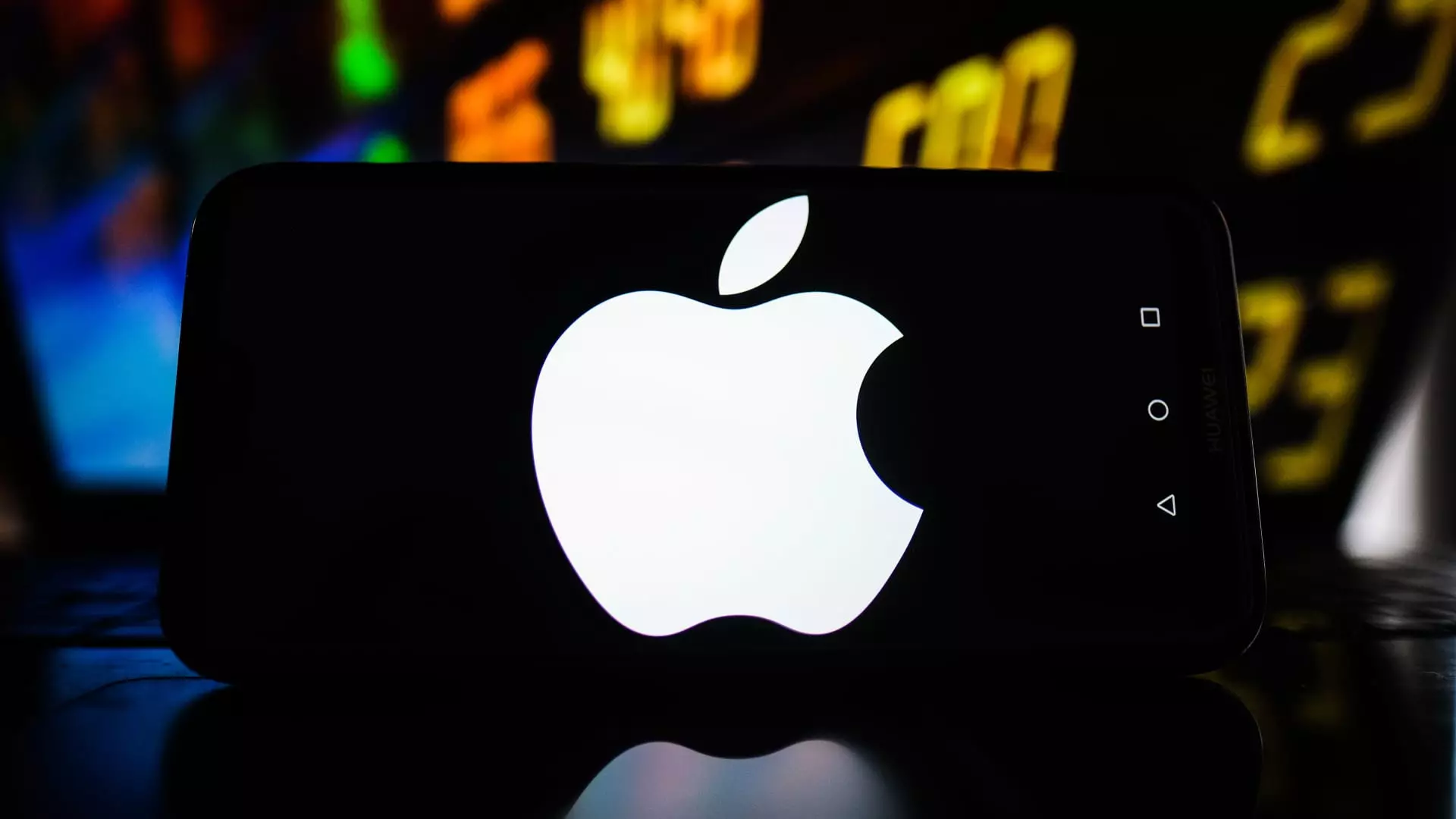As we approach September, it is essential to remember that this month has historically been a challenging one for Apple. Over the past decade, Apple’s shares have experienced an average loss of 3.5% in September, following gains of 6.5% in July and 4.8% in August. This trend suggests that investors tend to become less optimistic after the company’s fall product launches. However, this year could potentially break this pattern.
Morgan Stanley analysts are optimistic about Apple’s upcoming announcement and its impact on the company’s stock performance. They believe that the integration of Apple Intelligence into the iPhone 16 model could drive increased demand for the company’s artificial intelligence-related advancements. Historically, the iPhone launch event has been considered a “sell-the-news” event, with Apple’s stock underperforming in the immediate aftermath. However, the analysts see the potential for Apple to outperform market expectations in the months following the event.
Analyst Erik Woodring highlights the importance of shortened product replacement cycles for Apple’s stock performance. He expects a contraction in iPhone replacement cycles through fiscal 2026, which could benefit the company’s overall outlook. Woodring remains bullish on Apple’s potential to drive a multiyear product cycle refresh, particularly with the introduction of the iPhone 16 and Apple Intelligence. He maintains an overweight rating on the stock with a $273 price target, suggesting a 19.2% potential upside.
On the other hand, UBS analyst David Vogt takes a more neutral stance on Apple’s shares, with a $190 price target that implies a 17% decrease over the next year. Vogt points out that August typically sees lower consumer purchases of iPhone models, indicating potential risks leading up to the September launch event. He raises concerns about meeting sales targets given the beta status of Apple Intelligence and its limited availability in certain regions.
Despite the positive outlook from some analysts, it is crucial to acknowledge the challenges that Apple may face in the coming months. The company’s heavy reliance on iPhone sales, which accounted for about 46% of total sales in the fiscal third quarter, raises concerns about meeting sales targets amidst evolving market conditions. Additionally, uncertainties surrounding the uptake of new technologies like Apple Intelligence could pose challenges for the company in the near term.
Apple’s September product launch event carries significant implications for the company’s stock performance and overall market outlook. While analysts offer varying viewpoints on the potential outcomes of the event, it is essential for investors to consider both the opportunities and challenges that lie ahead for Apple. The integration of Apple Intelligence into the iPhone 16 model represents a significant milestone for the company, but its successful implementation and market acceptance remain key factors to watch in the coming months.


Leave a Reply